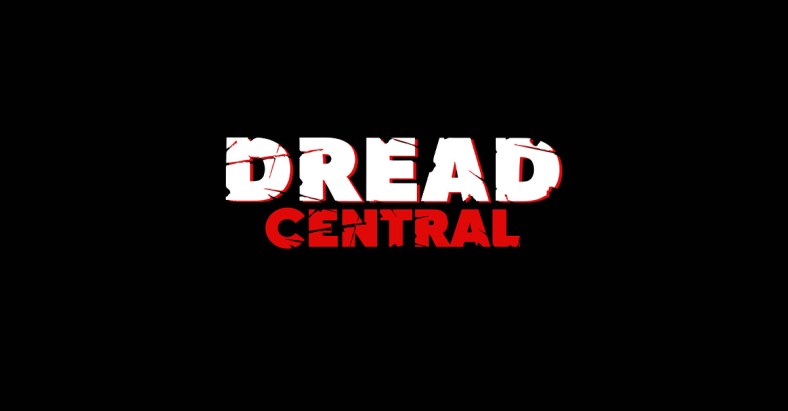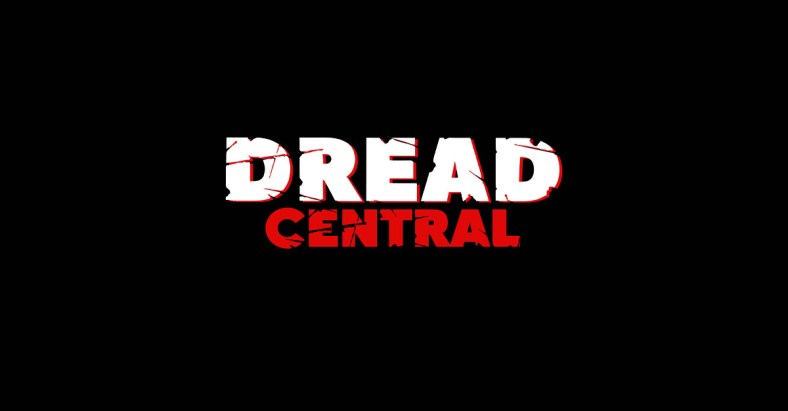John McNaughton Talks The Harvest and Nightmare on Elm Street Prequel

For those that fondly remember Showtime’s Masters of Horror, Clive Barker’s “Haeckel’s Tale” episode in 2006 was the last time John McNaughton stepped behind the camera to direct anything in the genre field. Now McNaughton returns to the big screen with The Harvest (review), a surprisingly twisted story about two parents (played by Michael Shannon and Samantha Morton) that will go to any length in order to keep their ailing child alive. Completely open to talk about his past films like Wild Things and cult favorite Henry: Portrait of a Serial Killer, McNaughton even spoke a little about his short-lived Nightmare on Elm Street prequel that would have shown Freddy still alive and well before the fire.
Dread Central: What clicked with you about The Harvest and why was this story one you were compelled to tell? What makes this a John McNaughton film?
JM: When I read scripts, primarily I’m looking for a lot of things. I’m looking for good writing because I’m a voracious reader and have been all my life. I’m looking for something I haven’t seen before. I don’t think you’ve seen this story before. The original script did not read like a fairy tale but it had the elements of a fairy tale which I very much liked. If you go back and read Grimm’s Fairy Tales, those stories, some of them are insanely horrific. And most of the Disney versions like Cinderella and so many other fairy tale stories have really been cleaned up and sanitized. I always try to hang my stories on classic themes, things that can be traced back. If you notice in Wild Things at the very end scene where she’s giving Matt Dillon a glass full of whiskey that had been poisoned, she starts talking about King Creon, she’s talking about Greek mythology.

In this particular instance, I felt the story had great similarities to Hansel and Gretel – two children wandering in the woods together and the wicked witch is on their trail and there’s a father figure who is weak. I was an only child and I grew on the south side of Chicago and once I went out the door I was liable to be murdered! The streets were pretty rough. But inside the house I grew up in, I was heavily protected. There were all these ideas working in this story about the terrors of childhood.
DC: As you said you usually don’t see this kind of dark fairy tale where children are in danger very often. Was it difficult to get an actress to agree to be such a controlling matriarch and to get Samantha [Morton] on board?
JM: It wasn’t hard to get Samantha on board. There’s a small percentage of actors, male and female, that when there’s some really crazy shit there wild horses can’t keep them away. In Michael [Shannon] and Samantha you have that type of actor. They’re very serious and gifted actors but they’re not thinking so much about their image and their careers as much as they’re thinking about doing adventurous work and going for the deep places and the dark places and really going for it. Being on the set with them during the day was when they actually had to be those people and there was sort of a black cloud hanging over. They had to go to the darkest recesses of their beings to get to where those characters are.
DC: Certainly good to get it all out of your system and then go home and set the table.
JM: It certainly allowed my to face, indirectly … how much I was dealing with my own childhood and the demons that you would think would go sooner but they don’t. I sort of feel like I can let go of a lot of stuff at this point. It was purged by the making of this film.
DC: With your Chicago theatre background it must have helped getting Michael on board, but once you have great actors that doesn’t always mean you’re going to get great performances. What do you have to do to ensure you get the performances that you want?
JM: Well, the longer I do it the more I leave them alone. As John Huston said, “If you cast the right actors you can phone in the director.” We cast well with Samantha twice nominated for the Oscar, Michael once nominated, Peter Fonda once nominated. My guess is if those two kids stick with it at least one will be nominated if not both.
DC: With this film and others that you’ve done, you’re really picking challenging material. Henry is a film you’re arguably best known for amongst genre fans, how do you feel about that film now and has your association with it made it easier or more difficult to get projects off the ground in the years after its debut?
JM: I had no idea what it was going to be when we were doing it. At first, the people that made it hated it so it just got buried. They had a publicist over there at the time that was a friend of mine and they were in the video business so it was easy enough to get copies so I had it sent to everybody. And then it started to grow and it got into festivals. Coincidentally, I was just at a screening of Steve James’ Roger Ebert documentary Life Itself that the Director’s Guild sponsored. I’m a board member at the Chicago office of the Director’s Guild. Roger Ebert championed the film and it played at Telluride and that’s where I met him and he put it on his Top 10 of the year list. It gave me a career all of a sudden and it was good for me and it was good for Michael [Rooker] but it was interesting, for Tracy [Arnold], she said she got a million interviews but people were sort of afraid of her. They kept saying, ‘But you were in THAT movie.’ I don’t know if you heard the news but last week Tom Towles, Otis, died. Anyway, so that was kind of closing a chapter on that.
DC: So you wouldn’t say that suddenly a lot of horror projects were coming your way. How close, for example, did you come to making the Freddy Krueger prequel? I know that you and RJ Tsarov had some ideas that New Line was responding to.
JM: Not too close. I’m not too interested in fulfilling genre expectations. If you’re going to make something like that, the studio, that’s what they want. What really interested me was where did Freddy go to and where did he come from? Hell! I get to make a movie in hell? Some other movie had just come out that New Line or somebody had made and there was a demon in hell and it didn’t do well so, of course, they weren’t interested. The problem with getting in line in sequels is, like I say, you do after satisfy those genre expectations which is fine but it’s not what I do. I defy genre expectations. I’ve made a career out of it. If you’ve seen it before, I’m pretty much not interested.
So, RJ Tsarov is a really dark playwright, I just saw him the other week. Again, well Freddy? What happens at the end of the first movie? He goes back to Hell. And where did he come from? He came from Hell. So, we can start the movie in HELL. That was really exciting but that wasn’t an idea that the other side was much interested in so it didn’t go that far.
The Harvest is now playing at the IFC Center and is also available on VOD starting today.
In his first film in nearly 15 years, the director of Henry: Portrait of a Serial Killer harks back to the depravity that made his 1986 debut a horror milestone.
But less based in reality, The Harvest is closer to a fairy tale from Grimm’s darkest corners. Maryann (an impressive Natasha Calis) moves in with her grandparents after she’s orphaned. Desperately lonely, the preteen sets out to befriend a neighboring deathly ill, bed-ridden boy (Charlie Tahan), despite the outright disapproval of his mother (Samantha Morton). Maryann’s persistence pays off, however, and during a series of secret visits she gradually uncovers some seriously sinister goings-on in the house… Morton as the boy’s overprotective surgeon mom is the stuff of great screen villainy—at once utterly monstrous and tragically desperate—so much so that she makes even frequent heavy Michael Shannon, as the more subdued dad, pale in comparison.

Categorized:News
